
If you’re exploring ways to shed a few pounds, weight loss supplements might seem like an appealing solution. With so many options available, it’s easy to feel overwhelmed. But do these products really deliver on their promises?
Many weight loss supplements have mixed reviews because scientific evidence supporting their effectiveness is often limited. While some studies show modest benefits, others find little to no impact. For instance, ingredients like chitosan and chromium have shown minor weight management benefits in certain studies, but results vary widely among individuals.
The FDA does not review supplements for efficacy before they hit the market, which means their claims aren’t always backed by rigorous testing. This lack of oversight can lead to products with hidden prescription ingredients or unproven benefits. Always consult your doctor before starting any new supplement regimen, especially if you have underlying health conditions or take other medications.
Some natural fibers and ingredients, such as CLA and green tea extract, have shown promise in scientific studies for aiding in weight loss. However, it’s important to approach any supplement with caution and be aware of potential side effects.
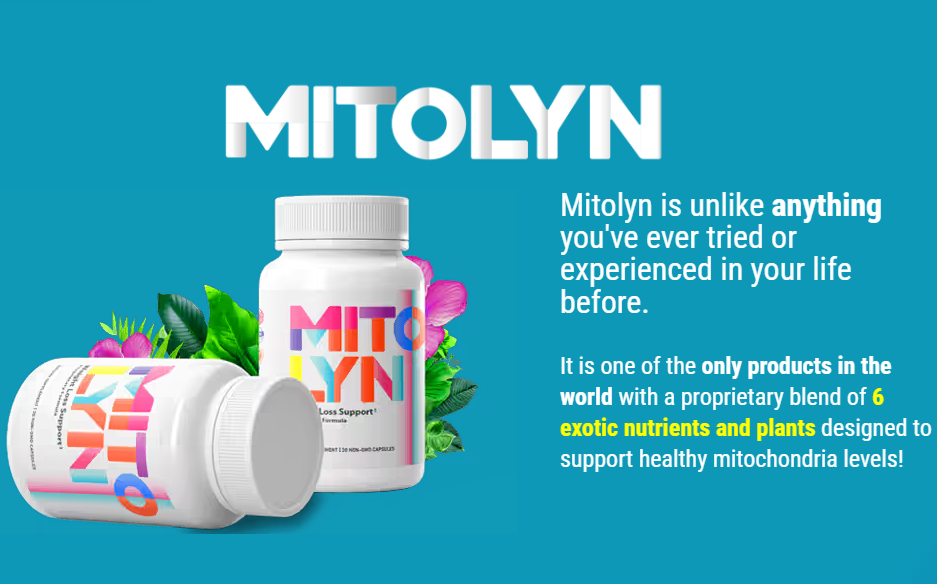
Key Takeaways
- Many weight loss supplements have limited scientific evidence supporting their effectiveness.
- The FDA does not regulate supplements as strictly as medications, so their claims may not be thoroughly tested.
- Ingredients like chitosan and chromium may offer minor weight management benefits, but results vary.
- Natural fibers and ingredients such as CLA and green tea extract have shown promise in aiding weight loss.
- Always consult your doctor before starting any new supplement, especially if you have health conditions or take other medications.
Understanding the Weight Loss Supplements Landscape
When exploring weight loss supplements, it’s important to understand the regulatory environment and how these products are evaluated for safety and effectiveness. Unlike prescription drugs, which undergo rigorous testing and pre-approval by the FDA, supplements are not required to meet the same standards. This means that while some products may claim to aid in weight management, the evidence supporting these claims can vary widely.
The FDA treats supplements differently from drugs, allowing them to be marketed without prior approval. This lack of oversight has led to instances where supplements contain undisclosed prescription medications, posing serious health risks. For example, some products have been found to include hidden ingredients like stimulants or diuretics, which can have dangerous side effects.
Scientific research on these products is also often limited. Many studies are small in scale or have short durations, making it difficult to draw definitive conclusions. Additionally, the results of these studies can be influenced by factors like individual differences in metabolism and lifestyle. It’s crucial to critically evaluate the evidence and consult with healthcare professionals before adding any new supplement to your routine.
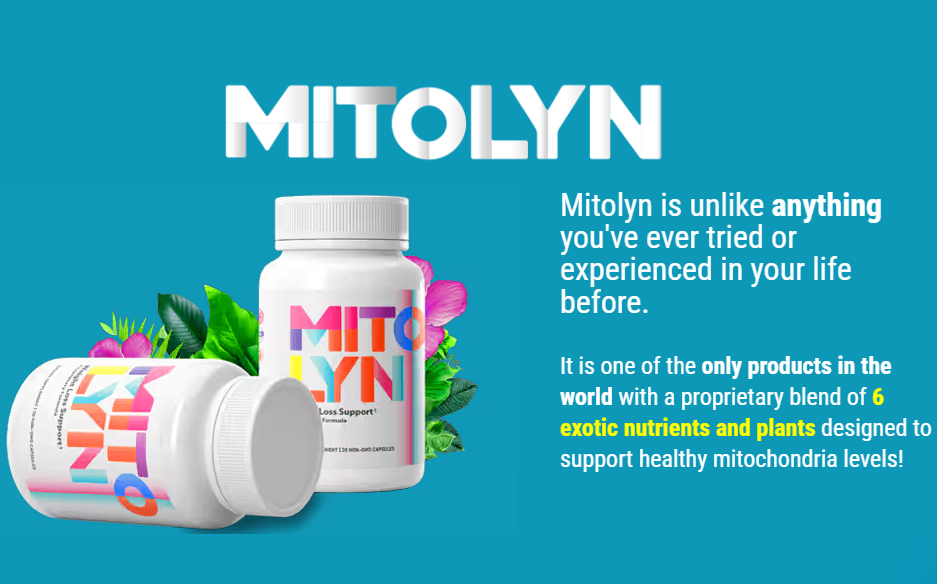
Exploring Weight Loss Supplements That Actually Work
Discovering the right weight loss supplements can be a game-changer for those seeking to shed pounds. But how do these products actually help? Let’s dive into the science behind them.
How These Supplements Drive Effective Weight Loss
Certain ingredients in weight loss supplements are believed to boost metabolism and curb appetite. For instance, green tea extract contains catechins, which may enhance metabolism, while glucomannan acts as a fiber that keeps you feeling full longer.
Analyzing Benefits and Limitations
Studies show modest benefits when supplements are paired with diet and exercise. For example, CLA may aid in fat loss, and glucomannan can block fat absorption. However, results vary, and not all supplements work for everyone.
- Green tea extract may boost metabolism and aid in fat burning.
- Glucomannan can help block fat absorption and reduce hunger.
- CLA might assist in reducing body fat when combined with a healthy lifestyle.
While these supplements can support your efforts, they aren’t magic solutions. Always consult a healthcare professional before starting any new regimen.
Natural Alternatives and Prescription Options
Exploring options for shedding pounds? You might consider either prescription medications or natural supplements. Both have their pros and cons, so it’s important to understand the differences.
GLP-1 Medications vs. Natural Supplements
GLP-1 medications, like liraglutide and semaglutide, are prescription drugs that help regulate appetite and blood sugar. They’ve gained popularity due to their effectiveness but can be costly and may cause gastrointestinal side effects.
- GLP-1 medications are often more effective but can be expensive and may not be suitable for everyone due to side effects.
- Natural supplements, such as fiber-based options, offer a gentler approach with fewer side effects and lower costs.
“The choice between prescription and natural alternatives depends on your health needs, budget, and lifestyle.”

Natural supplements can be a good starting point for those who prefer a non-invasive approach. However, if you have significant weight to lose and other health conditions, prescription medications might be more effective under a doctor’s guidance.
Always consult a healthcare professional to determine the best option for your weight loss journey. Balancing any treatment with healthy habits like a good diet and regular exercise will yield the best results.
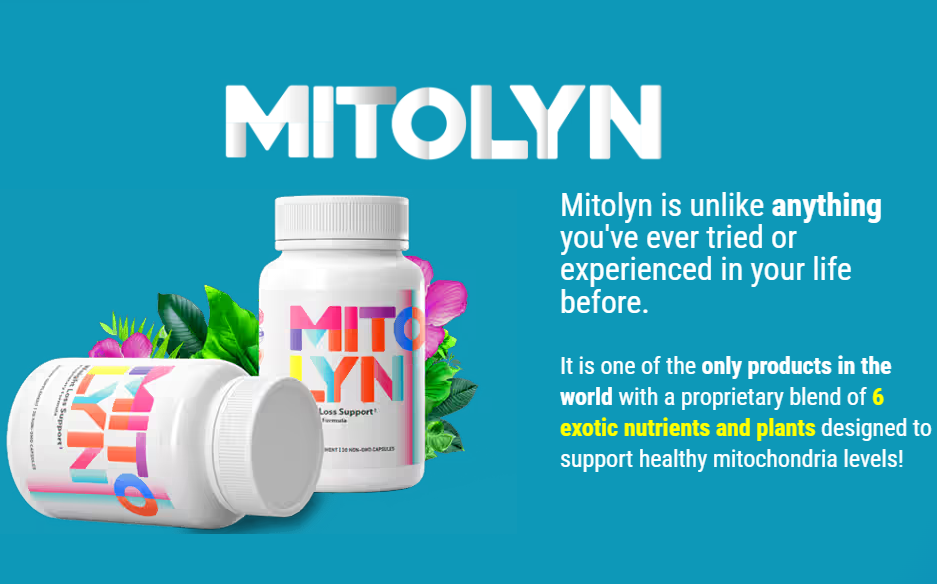
Key Ingredients That Influence Weight Loss Effectiveness
When it comes to choosing a weight loss supplement, understanding the key ingredients is crucial. These components can significantly impact how effective a product is. Let’s explore some popular ingredients and their effects.
Popular Ingredients: From Chitosan to CLA
Chitosan, a fiber derived from shellfish, is known to bind to fat in the digestive tract, potentially reducing absorption. Studies suggest it may aid in modest fat reduction, though results vary. CLA, or conjugated linoleic acid, is another popular ingredient that may assist in fat loss by influencing body composition.
Potential Side Effects and Considerations
While these ingredients can be beneficial, they come with side effects. Chitosan may cause constipation or interfere with nutrient absorption. CLA could lead to gastrointestinal discomfort in some individuals. It’s essential to weigh these benefits against possible health risks.
- Chitosan binds to dietary fat, potentially reducing absorption and aiding in modest fat reduction.
- CLA may influence body composition, assisting in fat loss when combined with a healthy lifestyle.
- Glucomannan acts as a fiber, helping you feel full longer and blocking fat absorption.
Consulting a healthcare professional is advised before starting any new supplement regimen. Always check labels for recommended dosages and be aware of potential interactions with medications.

Expert Insights and User Experiences
When it comes to understanding the effectiveness of weight loss supplements, expert opinions and real-world experiences provide valuable insights. Medical professionals and users share their perspectives on what works and what to watch out for.
Research Findings and FDA Perspectives
Steven Heymsfield, MD, notes that high-quality studies on weight loss supplements are limited, often leading to inconclusive results. The FDA emphasizes that supplements aren’t as strictly regulated as medications, which can lead to safety concerns. For instance, some products may contain undisclosed ingredients that pose health risks.
Experts like Heymsfield stress that while certain ingredients might aid in modest weight loss, individual results vary. The FDA advises consumers to approach supplements with caution and consult healthcare providers, especially for those with pre-existing conditions.
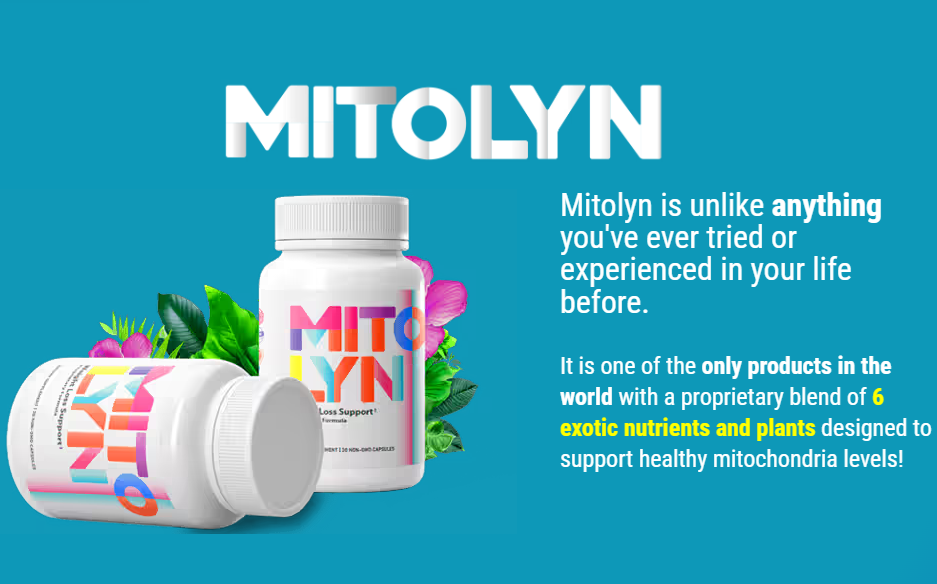
Real-World Success Stories and Tips
Many users report success when combining supplements with consistent exercise and a healthy diet. Personal trainers often recommend a balanced approach, where supplements support but don’t replace lifestyle changes. For example, one user shared that pairing a supplement with regular workouts helped them achieve their goals more efficiently.
Experts recommend starting with small, manageable changes and monitoring progress. Consulting a healthcare provider before beginning any new regimen is crucial to ensure safety and effectiveness.
- Combine supplements with a healthy diet and regular exercise for best results.
- Consult a healthcare provider to discuss potential benefits and risks.
- Be patient and persistent, as weight loss is a gradual process.
Remember, supplements are just one tool in your journey. A holistic approach that includes diet, exercise, and lifestyle changes will yield the most sustainable results.
Conclusion
When considering weight loss supplements, it’s clear that no single product is a magic solution. While some ingredients like green tea extract and glucomannan show promise, they work best when paired with a healthy diet and regular exercise. Always consult a healthcare provider before starting any new regimen, especially if you have underlying health conditions.
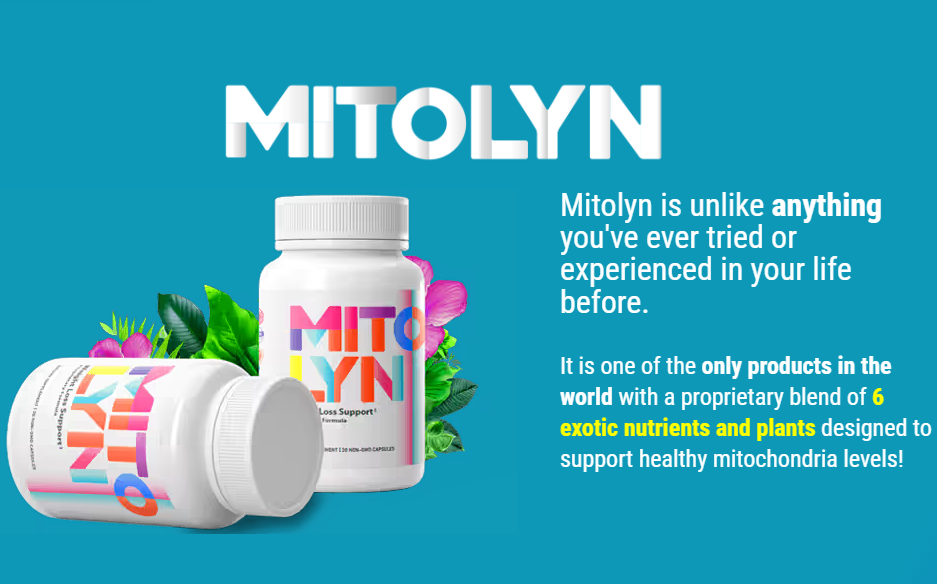
Understanding the regulatory landscape is crucial. The FDA doesn’t oversee supplements as strictly as medications, so their effectiveness and safety can vary. Be cautious of unproven claims and potential side effects. Real user experiences and expert opinions can guide your decisions, but always prioritize your health and safety.
For sustainable results, combine any supplement with lifestyle changes. Informed choices, backed by research and professional advice, are key to a safe and effective journey. Remember, the best approach is holistic, focusing on overall well-being rather than quick fixes.